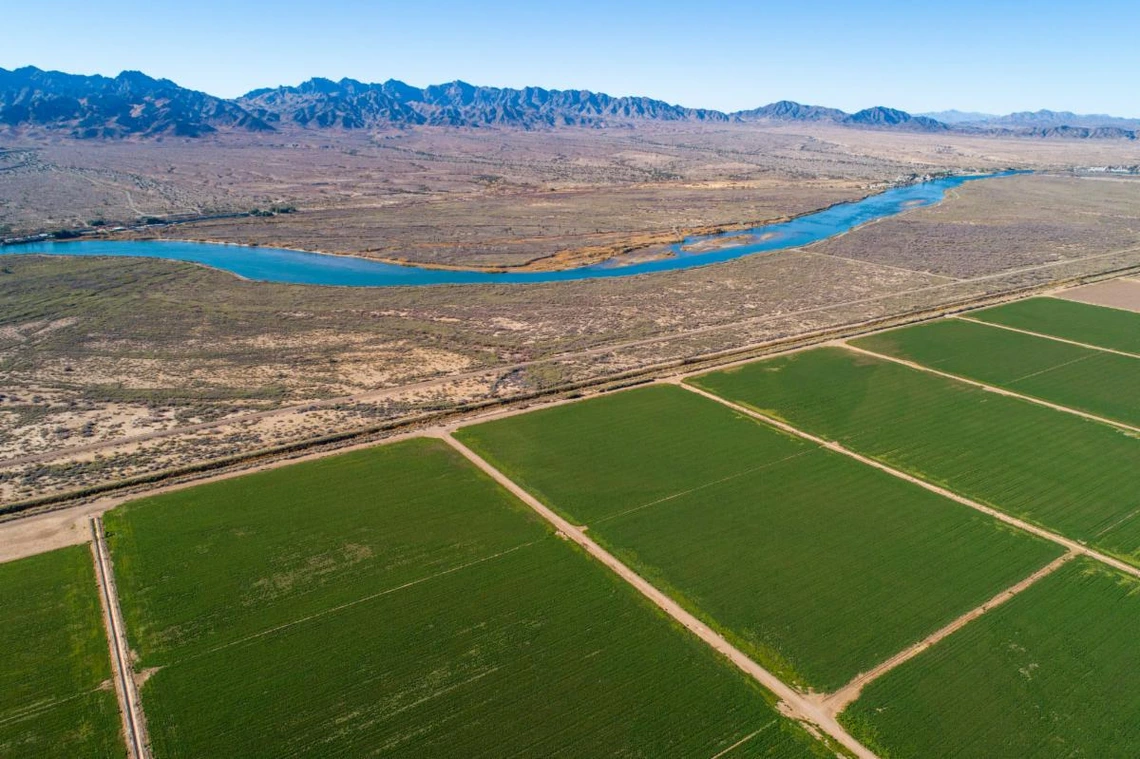Agriculture in Arizona – Forging Ahead Despite Challenges
Aug. 5, 2022
Image

The WRRC’s 20th Annual Conference, Arizona's Agricultural Outlook: Water, Climate, and Sustainability, took place on July 12-14 and presented many unique perspectives on current and future agricultural water use. With additional major Colorado River cutbacks on the near horizon, the tone of the conference was sobering. Within this context – and recognizing that parts of Arizona do not rely on Colorado River water – conference speakers did not shy away from addressing the reality of the situation. However, they also shared some optimism, whether from excitement over new technologies and innovations or opportunities to learn from and work with Indigenous leaders for sustainable land and cultural stewardship. Throughout the conference, speakers representing a diversity of perspectives emphasized the need for collaborative and creative solutions to the very real and growing challenges. You can view the conference recordings on the WRRC website.
Two of the conference's main themes were adaptation and sustainability, with many speakers highlighting the willingness of Arizona agriculture to rise to the challenges presented by the new climate reality. Innovative technologies like agrivoltaics, controlled environment agriculture, and drip irrigation were presented as part of the “toolbox” of solutions that can be expanded. Sustainability was discussed in multiple contexts, including sustaining agricultural knowledge and experience, helping local and small farmers remain in business, and farming in ways that consider the needs of future generations.
Hearing from speakers working to build resilience and adapt to the rapidly changing environment brought focus to the monumental challenges ahead for Arizona agriculture. The diverse perspectives and messages delivered at the conference are many and nuanced. A collective takeaway, however, is that, as water resources become more scarce and costly, water managers, farmers, ranchers, decision-makers, and stakeholders throughout the state and region will face extremely difficult decisions. Fallowing croplands and urban expansion into agricultural lands may decrease water demand, but the ramifications of these decisions are complex. The cultural, economic, and ecological benefits that agriculture provides must be considered, along with attention to possible unintended consequences. Collaborative and creative problem solving must continue. The WRRC looks forward to participating in future efforts and will be working on our next Arroyo, which will focus on the multi-faceted topics explored at the conference.
Image: Ted Wood/The Water Desk, Colorado River Indian Tribes Reservation, Arizona

